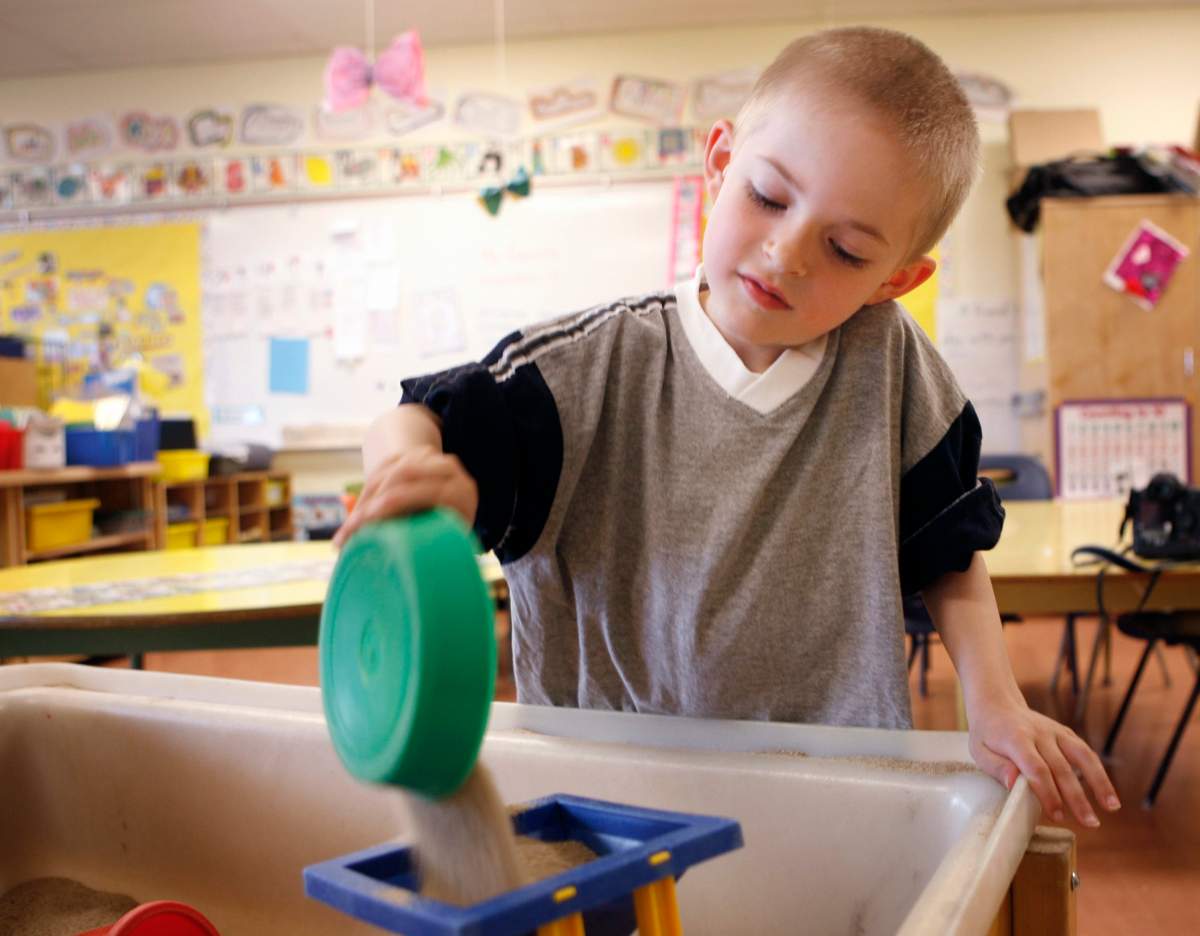As part of its 2015 election coverage Global News is chasing answers to pressing reader questions. Have one? Tell us about it using the form below.

“I want to know what party if elected will restore adequate Health Care transfers to the provinces.”
Ron, retiree in Sault Ste. Marie
As Leslie Young reported, the federal Conservatives didn’t reduce health transfers to the provinces – they just changed the formula by which those annual transfers were calculated, resulting in the provinces receiving an estimated $36 billion less, over a decade, than they would have under the old formula.
The new formula ties annual growth to GDP increases.
“The federal government is essentially saying, ‘We want to limit our exposure to future increases in health care costs,'” Jeremiah Hurley, a member of McMaster University’s Centre for Health Economics and Policy Analysis.
Right now, the federal government contributes about 23 per cent of the provinces’ health care costs.

Get breaking National news
How big a difference will this cut make? Tough to say.
“We do spend hundreds of billions of dollars on health care each year, so the absolute percentage may or may not be perceived as large,” Hurley said.
But “a billion dollars here or there at the margin makes a big difference in the kinds of services you can provide. …
“Overall, obviously the more fiscally the provinces are pinched, the more they will be challenged in providing care.”
The Conservative party’s Stephen Lecce says the federal government “will increase health funding at a higher rate than provinces are even spending it.”
The NDP and Liberals have said they’ll revert to the old formula.
“If elected will you provide the same family benefits to single parents as compared to two-parent families? Kids deserve to have equal opportunity, irrespective of the makeup of their parenting unit.”
Brian, father and businessman in South Surrey
The Universal Child Care Benefit goes to anyone “primarily responsible for the child’s care and upbringing,” assuming the child is under 18 and living with you. In theory this applies to both couples and single parents, although shared-custody situations could get dicey: “If there is a female parent who lives with the child, the CRA usually considers her to be this person,” the website reads.
On the other hand the Family Tax Cut, also known as income splitting, disproportionately benefits couples with young children to the relative detriment of single parents. The federal Liberals and NDP have vowed to reverse this Tory policy.
The NDP has promised universal child care for $15 a day — details to be determined based on pending provincial consultations. The Liberals have hinted at something similar to the national child care program proposed a decade ago, but haven’t made their proposal explicit.
Economists have said the Universal Child Care Benefit’s an inefficient use of tax dollars because it benefits people who don’t need the money, while not addressing the lack of child care spaces. A universal child care program would address the latter, but not the former. (And a means-tested child care subsidy, which some have proposed, would make child care more affordable but wouldn’t create more spaces.)
“Why would the Prime Minister call an extended election date when we are in a recession and it will cost taxpayers millions more?”
Claude, photographer in Niagara West
The opposition parties have asked the same question. Stephen Harper has argued he’s just trying to keep everyone honest: With a fixed election date already in effect, the parties (including the Conservatives) had already started courting votes. But as James Armstrong explains, political parties aren’t exactly footing this bill themselves.
What burning questions do you have on policy, platforms, politicians? Tell us your story and send us your questions. We’ll do our best to get a coherent answer.









Comments